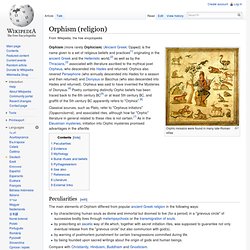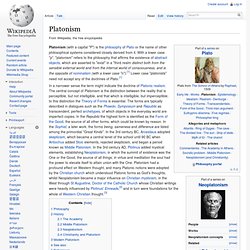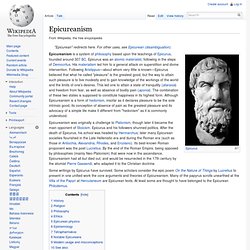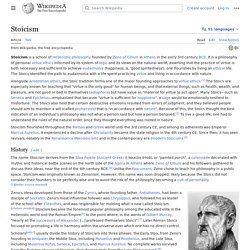

Orphism (religion) - Wikipedia, the free encyclopedia - Aurora. Orphic mosaics were found in many late-Roman villas Orphism (more rarely Orphicism) (Ancient Greek: Ὀρφικά) is the name given to a set of religious beliefs and practices[1] originating in the ancient Greek and the Hellenistic world,[2] as well as by the Thracians,[3] associated with literature ascribed to the mythical poet Orpheus, who descended into Hades and returned.

Orphics also revered Persephone (who annually descended into Hades for a season and then returned) and Dionysus or Bacchus (who also descended into Hades and returned). Orpheus was said to have invented the Mysteries of Dionysus.[4] Poetry containing distinctly Orphic beliefs has been traced back to the 6th century BC[5] or at least 5th century BC, and graffiti of the 5th century BC apparently refers to "Orphics".[6] The main elements of Orphism differed from popular ancient Greek religion in the following ways: Compare with Christianity, Hinduism, Buddhism and Gnosticism.
I am a son of Earth and starry sky. Platonism - Wikipedia, the free encyclopedia - Aurora. Platonism (with a capital "P") is the philosophy of Plato or the name of other philosophical systems considered closely derived from it.

Epicureanism - Wikipedia, the free encyclopedia - Aurora. Epicureanism is a system of philosophy based upon the teachings of Epicurus, founded around 307 BC.

Epicurus was an atomic materialist, following in the steps of Democritus. His materialism led him to a general attack on superstition and divine intervention. Following Aristippus—about whom very little is known—Epicurus believed that what he called "pleasure" is the greatest good, but the way to attain such pleasure is to live modestly and to gain knowledge of the workings of the world and the limits of one's desires. This led one to attain a state of tranquility (ataraxia) and freedom from fear, as well as absence of bodily pain (aponia).
The combination of these two states is supposed to constitute happiness in its highest form. Epicureanism was originally a challenge to Platonism, though later it became the main opponent of Stoicism. Some writings by Epicurus have survived. History[edit] Asceticism - Wikipedia, the free encyclopedia - Aurora. Asceticism (/əˈsɛtɪsɪz(ə)m/; from the Greek: ἄσκησις áskēsis, "exercise" or "training") is a lifestyle characterized by abstinence from various worldly pleasures, often with the aim of pursuing spiritual goals.

Many religious traditions, such as Hinduism, Buddhism, Jainism, and some Christian groups (for example, the Desert Fathers) include practices that involve restraint with respect to actions of body, speech, and mind. The founders and earliest practitioners of these religions lived extremely austere lifestyles, refraining from sensual pleasures and the accumulation of material wealth. They practised asceticism not as a rejection of the enjoyment of life, or because the practices themselves are virtuous, but as an aid in the pursuit of physical and metaphysical health. They eschewed worldy pleasures and led an abstemious lifestyle. Etymology[edit] The adjective "ascetic" derives from the ancient Greek term askēsis, which means training or exercise. Religious motivation[edit] Stoicism - Wikipedia, the free encyclopedia - Aurora. School of Hellenistic Greek philosophy Stoicism is a school of Hellenistic philosophy which was founded by Zeno of Citium, in Athens, in the early 3rd century BC.

Stoicism is a philosophy of personal ethics informed by its system of logic and its views on the natural world. According to its teachings, as social beings, the path to eudaimonia (happiness) for humans is found in accepting the moment as it presents itself, by not allowing oneself to be controlled by the desire for pleasure or fear of pain, by using one's mind to understand the world and to do one's part in nature's plan, and by working together and treating others fairly and justly. Stoicism flourished throughout the Roman and Greek world until the 3rd century AD, and among its adherents was Emperor Marcus Aurelius. It experienced a decline after Christianity became the state religion in the 4th century AD. Name[edit] Stoicism was originally known as ‘Zenonism’, after the founder Zeno of Citium.
Basic tenets[edit] Logic[edit]